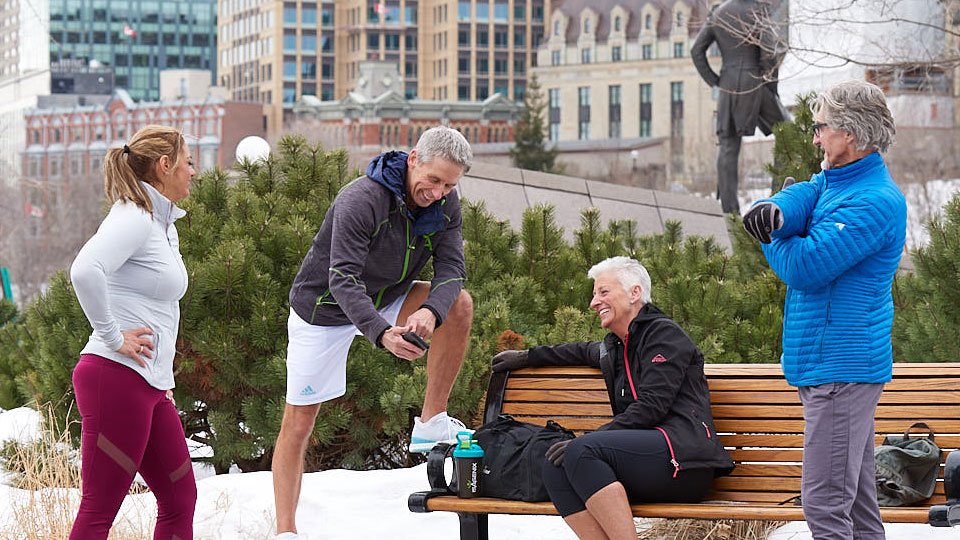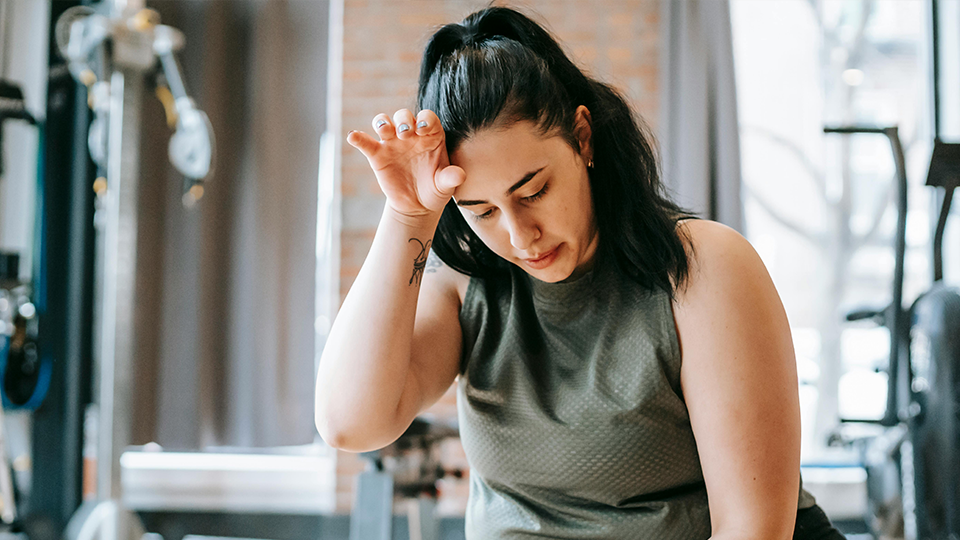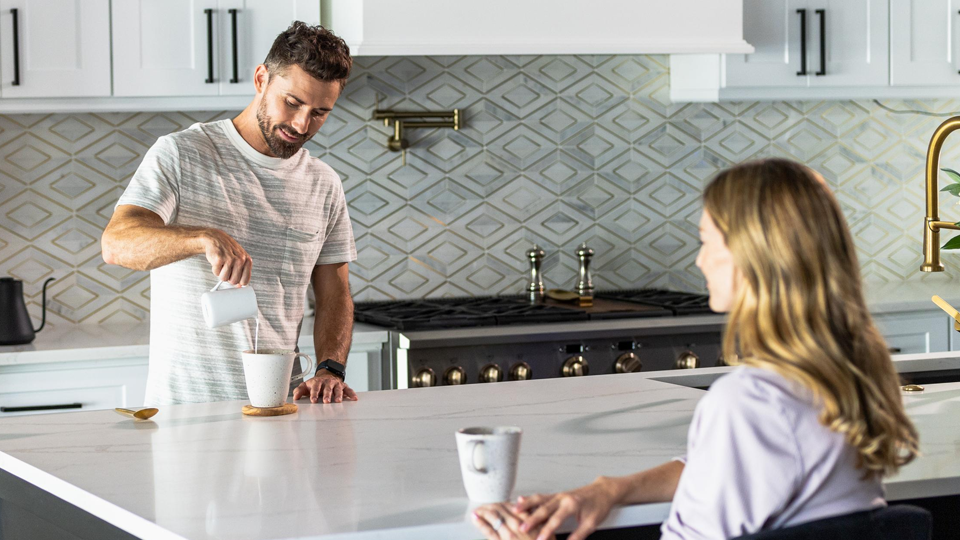The holiday season can be one of the busiest times of year. Whether it’s shopping, decorating, or parties, trying to fit it all in can sometimes leave you feeling worn out. Taking steps to prioritize your health and wellness can make the holidays more enjoyable and help you stay healthy throughout the season. Enjoy a happy, healthy holiday with these tips.
1. Maintain a Balanced Diet
All of us have our fair share of indulgent foods through the holidays – eggnog, cookies, and cocktails can easily tempt us to go overboard. Instead of overindulging every day, plan those extra indulgent meals into your diet plan. Diets high in fat and low in fruits and vegetables have been linked to a weakened immune system (1). Be sure to get enough vital nutrients to balance the days that are filled with parties and high-calorie foods by choosing healthy, well rounded meals on most days.
2. Get Moving
Research shows that moderate exercise improves immunity and decreases the risk of infection. Compared to those who exercise sporadically, regular exercisers have a 23 percent reduction in the number of infections per year (2). In one study, research participants who walked for 40 minutes, five days a week, cut their number of sick days in half compared to participants who didn’t exercise (3).
Research has shown that there is a post-exercise boost in immunity that returns to pre-exercise levels within a few hours, but this temporary boost seems to reduce the risk of infection over the long term when regular exercise is part of your lifestyle (3). Remember, the best exercise is any exercise that you will do. Even taking twenty minutes to go for a quick walk can help you feel better through the season.
3. Get Enough Sleep
In a genetic study completed in 11 sets of twins, those with chronically lower average sleep times showed suppressed immune systems compared with the twin who averaged longer duration (4). In another study, 164 participants were exposed to the common cold virus. Those who experienced shorter sleep duration, less than six hours per night, after exposure were at an elevated risk of contracting the virus (5). Making sure to clock 7-9 hours each night on a regular basis is suggested to promote optimal health (6).
4. Manage Stress
Frequent lifestyle stress has been shown to take a toll on healthy individuals, with long-term stress causing a suppression of the immune system (7). While the holiday season may be joyful, it can also be a source of added stress for many. Taking time for yourself to rest and recharge can help keep your immune system in balance.
Staying healthy during the holidays is all about keeping your immune system in balance. When the immune system is balanced, and working at its peak, you’re less likely to get sick. Making your health a priority through the holiday season can help you feel your best through the busiest time of year.
References
- Thorburn AN, Macia L, and Mackay CR. Diet, Metabolites, and “Western-Lifestyle” Inflammatory Diseases. Immunity. 2014 Jun 19; 40(6): 833-842. doi: 10.1016/j.immuni.2014.05.014.
- Matthews CE, Ockene IS, Freedson PS, et al. Moderate to vigorous physical activity and risk of upper-respiratory tract infection. Med Sci Sport Exerc. 2002 Aug 1; 34(8): 1242-1248. doi: 10.1097/00005768-200208000-00003.
- Nieman DC. Regular moderate exercise boosts immunity. AgroFood Industry Hi-tech. 2008 May/Jun; 19(3): 8-10.
- Watson NF, Buchwald D, Delrow JJ, et al. Transcriptional signatures of sleep duration discordance in monozygotic twins. Sleep. 2017 Jan 1; 40(1). doi: 10.1093/sleep/zsw019.
- Prather AA, Janicki-Deverts D, Hall MH, and Cohen S. Behaviorally assessed sleep and susceptibility to the common cold. Sleep. 2015 Sept 1; 38(9): 1353-1359. doi: 10.5665/sleep.4968.
- Watson NF, Badr MS, Belenky G, et al. Recommended amount of sleep for a healthy adult: a joint consensus statement of the American Academy of Sleep Medicine and Sleep Research Society. J Clin Sleep Med. 2015 Jun 15; 11(6): 591-592. doi: 10.5664/jcsm.4758.
- Padgett DA and Glaser R. How stress influences the immune response. TRENDS in Immunology. 2003 Aug; 24(8): 444-448.





